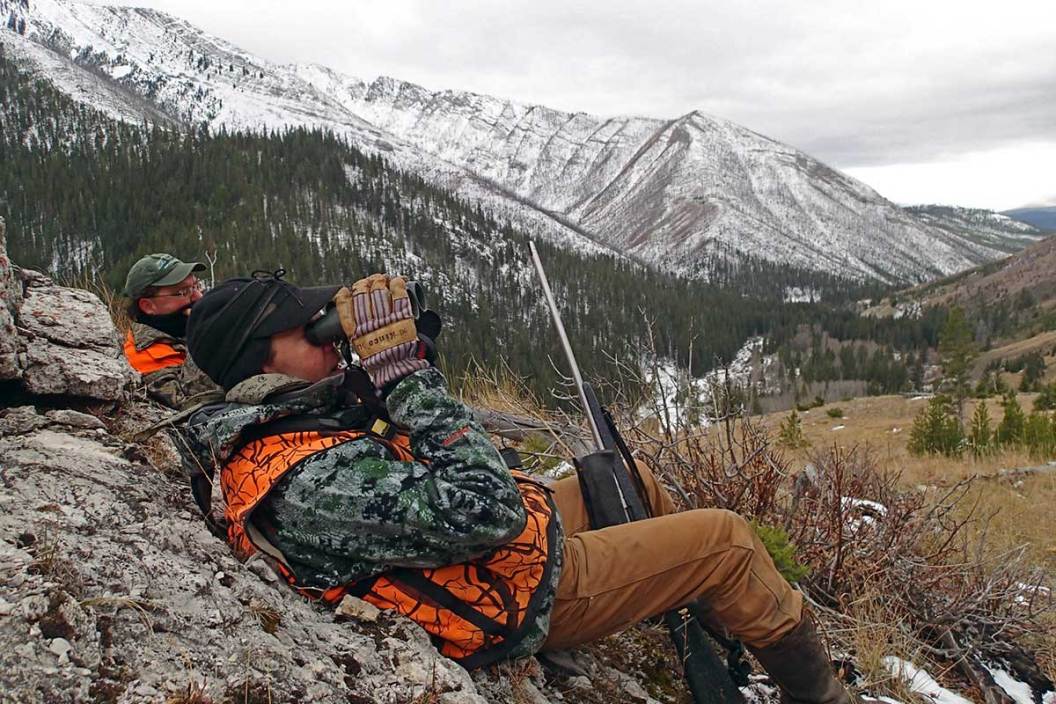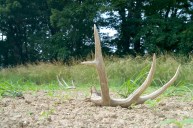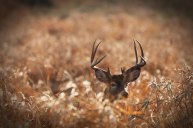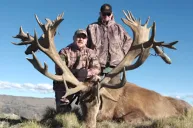Hunting with an outfitter can be a truly great experience. I am grateful that I grew up in the heart of three incredible whitetail states, which allowed me to chase trophy quality bucks without the use of a guide. However, I love traveling the country in pursuit of other big game species, upland and migratory birds, and even just going after whitetails in a different environment, all which usually require the help of an outfitter to some degree. Over the past several years I have hunted with some incredible outfitters. From pronghorn antelope in the northwest, to axis deer down in Texas, all the way to Maine for black bear, I have experienced memories that will last a lifetime and made friendships that I hope will do the same. If you're someone who enjoys going on outfitted hunts, or if you find that this is your only way to truly experience a hunt, you will no doubt come across some poorly run outfitters in your lifetime. I know I have.
It's important to note that just because a hunt wasn't successful, doesn't mean that the outfitter was bad. Hunting wild animals comes with a lot of uncertainty, and factors such as the weather, time of the year, and even unknown conditions that will for whatever reason keep these animals from showing up, all play a part. I have been on hunts where I was unsuccessful, but the outfitter was wonderful and did everything he or she could to get me on a trophy animal. On the other hand, I have been on hunts where I harvested an animal, but the outfitter provided less than ideal service. Without the right information, you could be booking with the wrong outfitter, and with the costs of hunts skyrocketing over the last few years, this is a risk you don't want to take. Here are five red flags that will tell you a hunting outfitter isn't worth it, and will help you book that dream hunt down the road with more confidence.
1. Unable or Unwilling to Give References
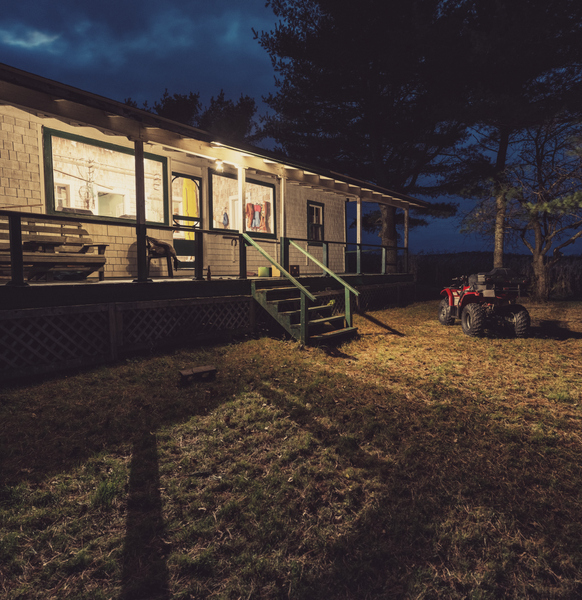
This is perhaps one of the biggest red flags I have run across when searching for outfitters, and it's something that you shouldn't take lightly. The first thing I do when I start researching outfitters for my next hunt is to ask for a list of references. If they are a quality outfitter, they will be more than happy to send them to you. If not, stay away. Trust me. An outfitter's quality, in my mind, hangs largely on the word of client references. A great outfitter knows this and will have personal relationships with their long-running clients. If they run a great operation, their clients will almost always speak highly of them and give a strong recommendation. When I have a great experience with an outfitter, I make sure to give them my contact info to use me as a personal reference. It's the only way the system works, and I'll always pay that forward.
2. Poor Habitat Management Program

Providing great whitetail hunting takes tremendous work. A lot of this work revolves around a good habitat management program, and if an outfitter seems as though they don't put a big emphasis on it, or maybe they seem clueless about the whole idea, avoid them like the plague. A good way to find this out is to ask about what type of terrain and environment you'll be hunting in. A great outfitter will mention a strict system of crop rotation, food plots, food supplementation (in states where this is legal), sanctuary zones, wind specific hunting spots, and ideally, a minimum age on harvests. If they can rattle off that kind of info, you know they're going about their management practices the right way.
3. Fully Open Schedule
-
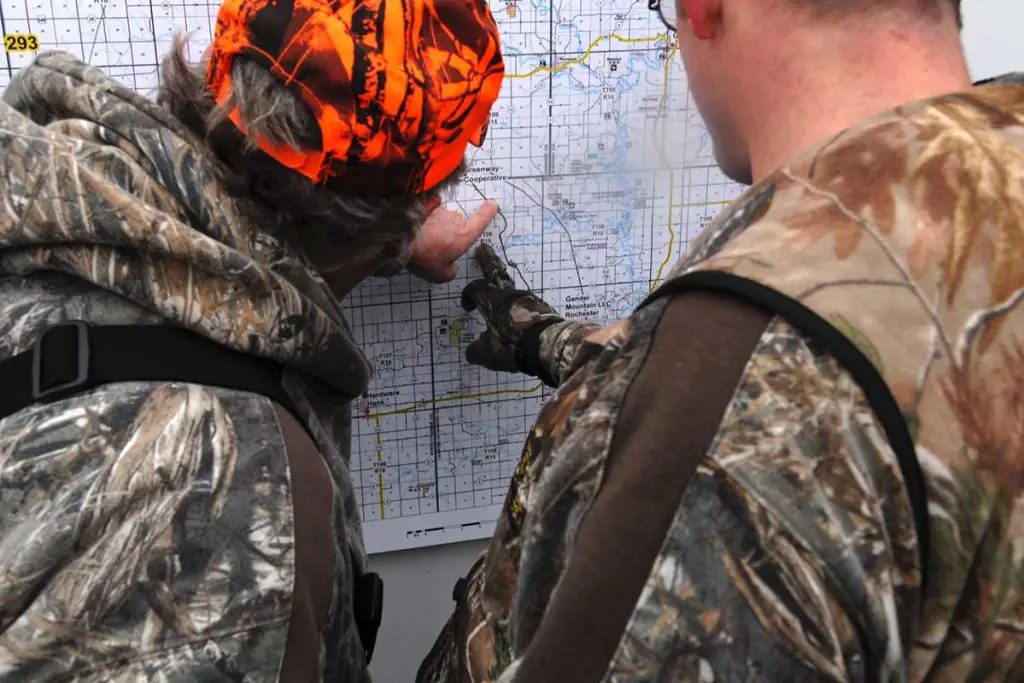
Dennis Anderson/Star Tribune via Getty Images
I would consider this more of a yellow flag rather than a red one, but it is still something to take into account. If you call an outfitter a month before the season starts, ask for available dates, and he or she says, "Nothing is booked up yet," or "Whatever dates you want," this could be a sign that this is a poor outfitter. Good secrets don't stay secrets for very long, and even an outfitter with little marketing will be fairly booked up a year or so in advance if they provide quality hunts. This is tough to swallow sometimes, because if you're like me, random dates open up on the calendar and you might want to fill them with a guided hunt. You can always join a waitlist and be notified if any cancellations pop up.
4. Too Cheap
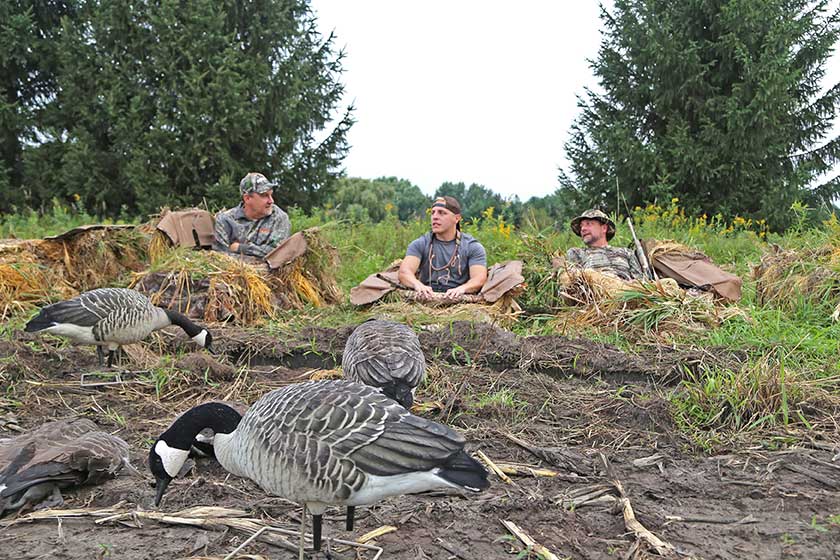
Dennis Anderson/Star Tribune via Getty Images
This is an unfortunate red flag, but nevertheless, it is a big one. Quality doesn't come cheap, and an outfitter that provides the best hunts with great accommodations is naturally going to charge more. Seeing an ad for a fully outfitted whitetail hunt that costs $750 sounds great in theory, but nine times out of 10, it's too good to be true. Outfitted hunts have drastically gone up in price over the years. A lot of this has to do with demand, but a good portion does have to do with supply costs and other expenditures. The outfitter has money invested into their property, their lodge, their guides, their gear, and even their animals to some extent. In order for them to provide the best experience possible, their operating costs are going to be high, and because of that, they have to charge a pretty penny. Instead of searching for that cheap $750 whitetail hunt, wait a couple of years, set aside some money each month, and book with the outfitter that has great reviews and an amazing harvest history, albeit with a higher price tag. Amortizing that cost over a couple of years won't seem nearly as bad, and you'll almost certainly have a much better time on the hunt.
5. Unwillingness to Answer Questions
-
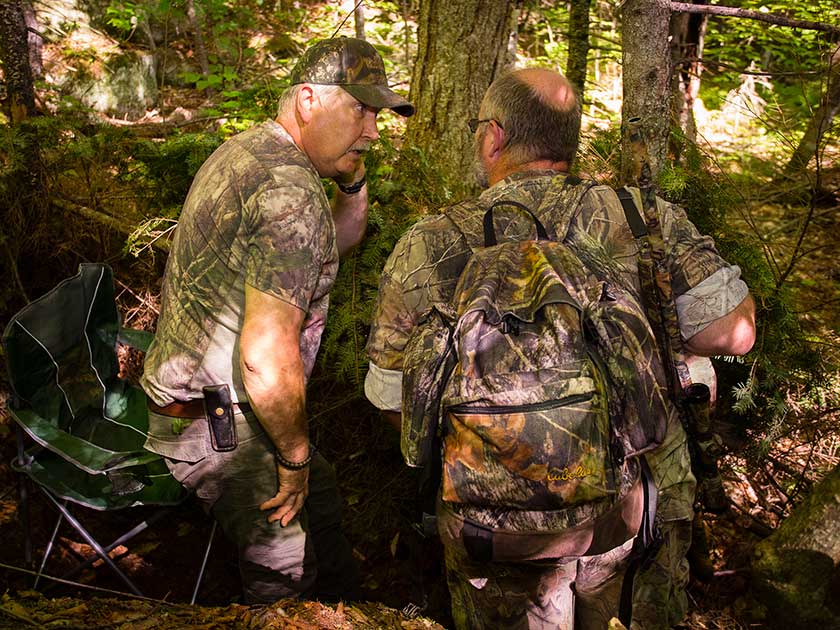
Carl D. Walsh/Portland Portland Press Herald via Getty Images
There's a difference between growing impatient to a barrage of irrelevant questions and just simply ignoring or brushing off what a client is asking. As a potential customer of an outfitter, you have a right to ask as many questions as you'd like to gain a better understanding of how the hunt will look.
A few years ago I made the mistake of booking a hunt before doing my due diligence. A couple months before the hunt, I called the outfitter for some information on the details of the hunt. I thought I had pretty simple questions such as what kind of treestands would we be in, would I be allowed to bring my own stand, would I have the opportunity to switch spots if one wasn't productive, and that sort of thing. This outfitter immediately became irritated and suggested I wait until the hunt to find out. Needless to say, this was a poor experience. A good outfitter or guide will be more than happy to answer any questions that you have to insure a successful hunt. In fact, some of the best outfitters I have been through make it a point to follow up with me as the hunt draws closer with an offer to answer any questions that I have come up with. Those are the outfitters you want to book with!
Finding the right outfitter is a big decision. For most people, this is an expensive purchase as well as a tremendous commitment of time with the hopes of being successful on a dream experience. In order to get the most out of hunting with an outfitter, it's important that you watch for red flags like these. Take the time to do your research on each outfitter. A guide outfitting business will appreciate your commitment to seeking the best options and will be happy to answer any questions you have, as well as offer references and address any of your concerns. Frankly, any outfitter that isn't willing to give you this experience doesn't deserve you as a client.
READ MORE: Plan a Quail Hunt With an Outfitter First, Then a DIY Trip Second
